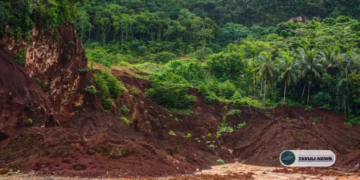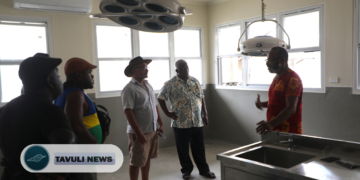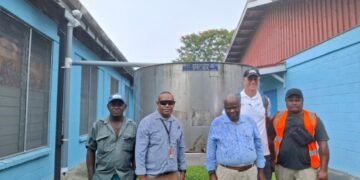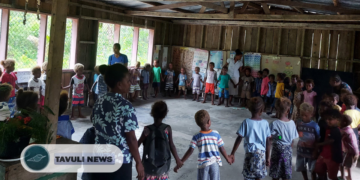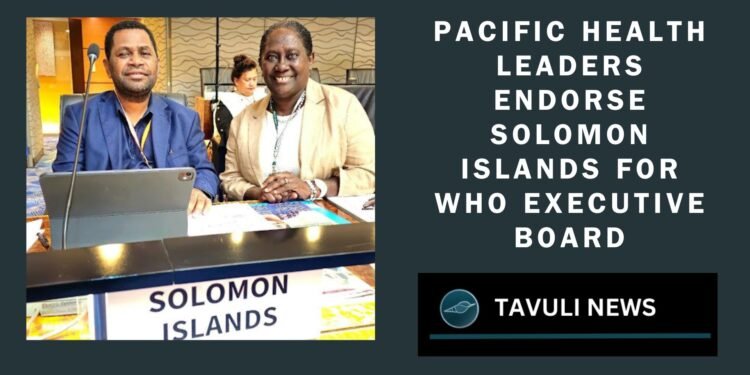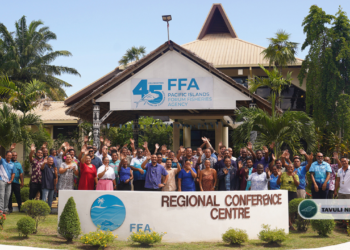Health Minister Dr. Paul Bosawai Pledges Commitment to Global Health Equity and Climate Resilient Healthcare.
Health leaders from the Western Pacific endorsed the Solomon Islands and Japan as representatives to the World Health Organization (WHO) Executive Board. This historic decision comes during the 75th Regional Committee Meeting (RCM) in Manila, Philippines. Notably, it marks the first time the Solomon Islands will participate in this important platform since joining the WHO in 1983.
The Executive Board consists of 34 technically qualified health experts. With this endorsement, the Western Pacific now has five representatives, joining Australia, Brunei Darussalam, and the Republic of Korea.
Minister Dr. Paul Bosawai expressed gratitude for this opportunity. He stated, “Together, we embark on a critical journey to improve global health. Our regional director’s vision, ‘Weaving health for all,’ guides us.” Furthermore, he acknowledged the contributions of the outgoing board member from Micronesia, Mr. Marcus, for laying a solid foundation during his tenure.
During the meeting, Minister Bosawai also highlighted the Solomon Islands’ efforts to enhance climate resilience in healthcare facilities. He shared that the Ministry of Health is integrating Climate Resilient Environmentally Sustainable Healthcare Facilities (CRESHF) into ongoing assessments. This initiative aims to ensure that facilities can deliver essential services during emergencies.
He mentioned, “The healthcare facility plans will incorporate climate-proofing measures to safeguard our health services.” Additionally, he noted the collaboration with the Ministry of Environment on the Solomon Islands Integrated Vulnerability Assessments (SIIVA). This project maps risks from landslides, flooding, and rising sea levels.
Moreover, Dr. Bosawai emphasized the importance of engaging civil society. Local and international NGOs are working closely with the Ministry to meet the needs identified through health facility assessments.
In closing, Minister Bosawai urged all member states to act decisively to address climate change impacts on health facilities. “These initiatives are vital for protecting our communities and building a healthier future for generations to come,” he concluded.

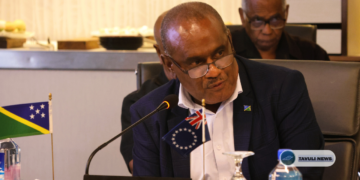



![Chovohio [left] and Charivunga [right] confluence, to create a dam for sediment control](https://www.tavulinews.com.sb/wp-content/uploads/2025/04/Add-a-heading-43-360x180.png)
